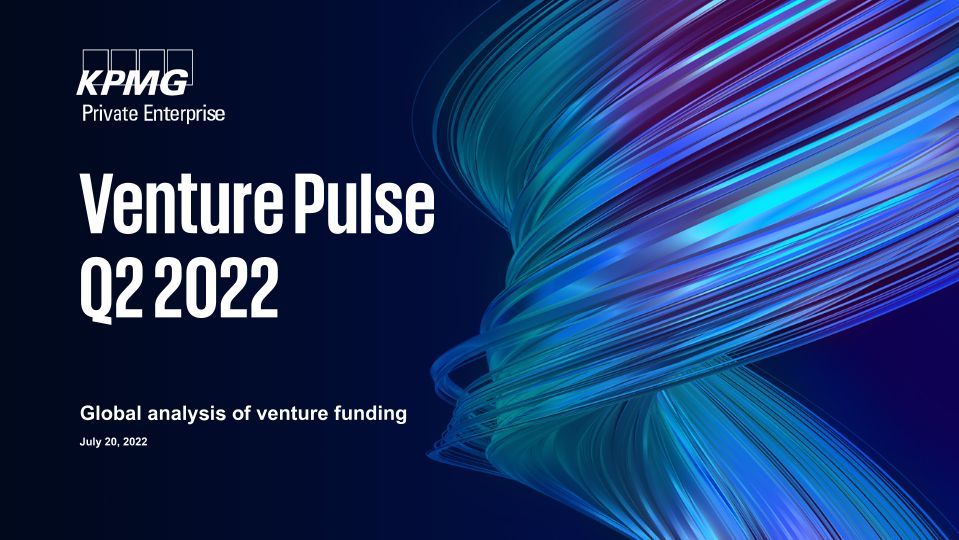Q2’22 saw a decline in both VC investment and the number of VC deals in Europe, driven by increasing geopolitical uncertainties related to the crisis in Ukraine, growing awareness of dependencies on certain raw materials and value chains, and deepening concerns about inflation. During Q2’22, the European Central Bank also announced that it would be raising interest rates for the first time in eleven years on July 1, 2022, followed by an additional hike in September.
Reliance on fossil fuels sparks interest in ESG and alternative energy
While ESG and sustainability solutions have gained traction with VC investors in Europe in recent years, Q2’22 saw interest strengthen considerably as discussions relating to the region’s reliance on fossil fuels grew in the wake of the crisis in Ukraine. In particular, there has been increasing interest in renewable energy-based business models, decentralized energy-based business models, and ESG more broadly — including areas like mobility and cleantech. One of the largest deals in Europe during Q1’22 was a $650 million raise by Switzerland-based Climeworks, a company focused on direct air carbon capture technology.
Declining interest in consumer-business models as inflation remains high
Given rising inflation, increasing interest rates, and other macroeconomic factors, VC investor interest in consumer-driven companies is expected to decline in Europe, particularly in areas like last mile delivery, marketplaces, and e-commerce. While leading startups in different sectors will likely continue to gain attention from investors, others may find themselves facing challenges. This could drive consolidation among startups, in addition to interest from PE investors looking at distressed companies.
VC investment in the Nordics remains solid though the deal count slows
The Nordics is starting to see the effects of a global decline in VC investment and number of deals. Preservation of adequate runway, capital efficiency, healthy unit economics, path to profitability along with dropping valuation offers seems to be in top of mind for many companies. Some companies aiming to raise funding from international investors in order to scale up are now turning to bridge financial instruments like convertibles from existing investors or government-backed financing and in order to survive, achieve better terms and valuation multiples once the market and/or companies performance improves. In sectors B2B software showed resilience compared to consumer retail businesses in Q2’22 with Finland based Aiven leading the way raising $210 million during the quarter. The Deep Tech sector has also remained as a hot area of interest among VC investors.
In Q2’22, it became clear that there was going to be somewhat of a slowdown in VC funding and stalling of IPO's here in the Nordic region following the global trend. The sentiment is now leaning more towards capital efficiency, healthy unit economics and path to profitability compared to growth at all cost.
Trends to watch for in Q3’22
VC investors in Europe are expected to remain cautious heading in Q3’22, increasing their scrutiny of companies looking to attract funding. Given the strong amount of funding available in the market, high quality technology companies are expected to continue to attract funding. Companies that may have attracted funding from optimistic investors in the past, however, will likely face more challenges and require stronger business cases and paths to profitability to attract funding over the next few quarters. Pressure on valuations could also increase the potential for down-rounds and spark interest in the use of downside protections by VC investors.
The IPO market is expected to remain cool in Europe, particularly for consumer businesses and industrial companies whose supply costs are skyrocketing. Valuations will likely also see downward pressure heading into Q3’22




